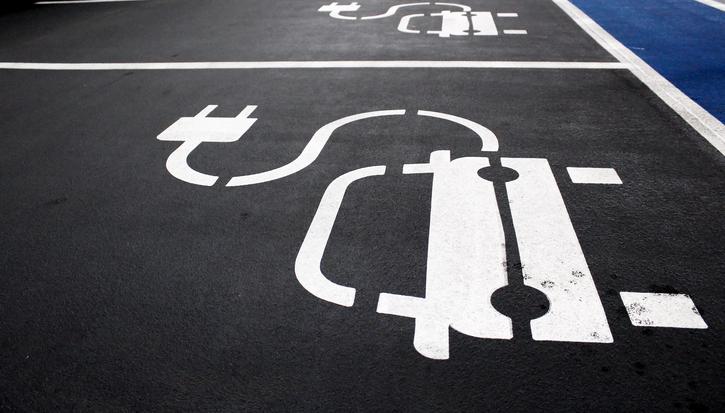Future proof: Britain in the 2020s, an IPPR explainer - Data
Article
The future will be networked. Ubiquitous digital connection and the capture and analysis of ever-more data will transform our built environment, create new models of governance, and disrupt and reshape business models and sectors. In the process, the ‘whole of society will have become a single office and a single factory’, generating immense economic value and power.
Who reaps the benefit of a networked society will be a key political question. If data is a key resource of the future, and it is socially produced, a new ‘social’-ism could be possible in the 2020s, through democratic ownership of our collective data. As Stafford Beer, designer of the visionary cybernetic system Project Cybersyn, said, ‘information is a national resource’. Moreover, a world of ubiquitous real-time data could help create fundamentally different models of production and distribution. Building a democratic and open data infrastructure is therefore a challenge for progressives akin to delivering the physical infrastructure of the 19th century and the welfare state of the 20th.
Related items

The new politics of AI: Why fast technological change requires bold policy targets
The upcoming AI Action Summit in Paris is an opportunity to show how we can harness artificial intelligence (AI) as a force for societal, economic, and environmental good.
The homes that children deserve: Housing policy to support families
As the government seeks to develop a new child poverty strategy, it will need to grapple with housing – the single largest cost faced by families.
Powering up public support for electric vehicles
Tackling greenhouse gas emissions will only work if public support for action remains strong. That means ensuring tangible improvements in people’s lives and heading off any brewing backlash.